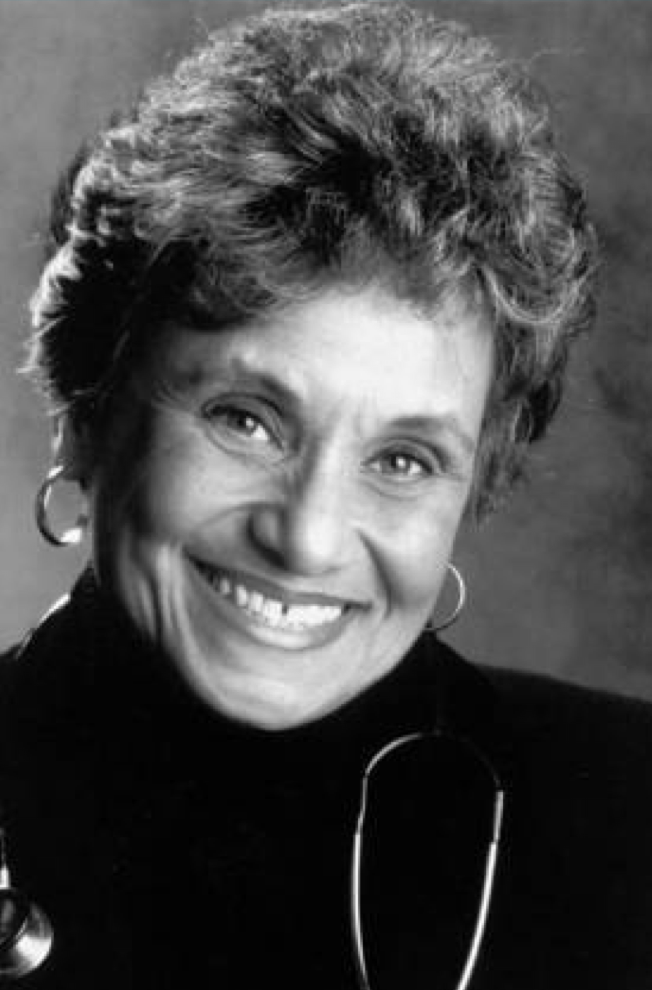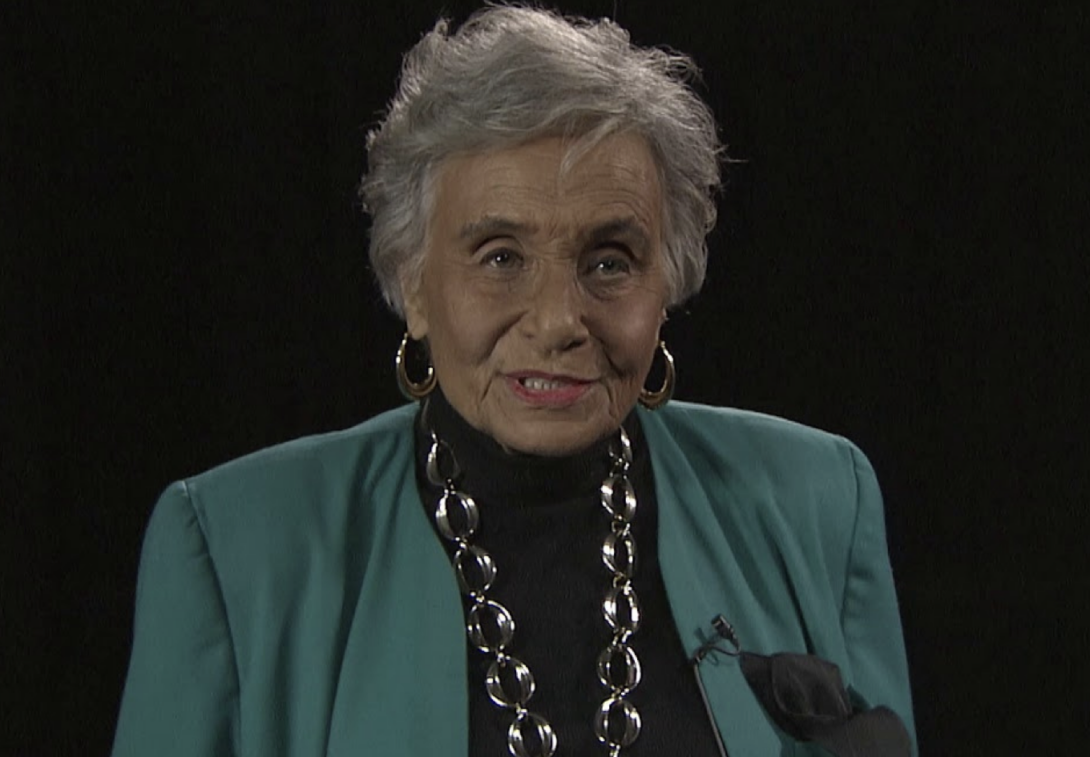Marilyn Hughes Gaston, MD
In 1990, Dr. Gaston became director of the Bureau of Primary Health Care in the U.S.Health Resources and Services Administration, the first African American woman to direct a public health service bureau, where she focused on improving health care services for poor and underserved families.
Marilyn Hughes Gaston, MD Heading link

The Department of Medicine Inclusion Council honors and celebrates the accomplishments of Dr. Marilyn Hughes Gaston, M.D. (born January 31, 1939). Dr. Gaston has dedicated her career to the goal of making quality health care accessible to all individuals regardless of income, race, or other factors. Dr. Gaston is internationally recognized for her leadership in combating sickle cell disease and changes in management of children with this illness that have significantly decreased suffering and mortality in the world. Gaston graduated from Miami University in 1960 and entered the University of Cincinnati Medical School, where she earned her medical degree in 1964.
Marilyn Hughes Gaston, MD Heading link

Photo by Her Story of Success
She did her internship at Philadelphia General Hospital and her residency in pediatrics at the Children’s Hospital Medical Center. Gaston chose to focus on pubic health, where she felt she could be most effective in meeting the medical needs of the poor. She applied for and received government funding to open a health center in Lincoln Heights, an all-black city near Cincinnati, Ohio. In 1986, while working at the National Institutes of Health, Dr. Gaston published the results of a sickle cell disease study that proved the effectiveness of giving children suffering from SCD long-term penicillin treatment to prevent septic infections. This led to a nationwide screening program to test newborns for immediate treatment. One of the most significant conclusions of her study was that the complications of sickle cell disease could be avoided with early treatment, a life-saving practice that became a central policy of the U.S. Public Health Service. The study resulted in congressional legislation to encourage and fund sickle cell disease screening programs nationwide.